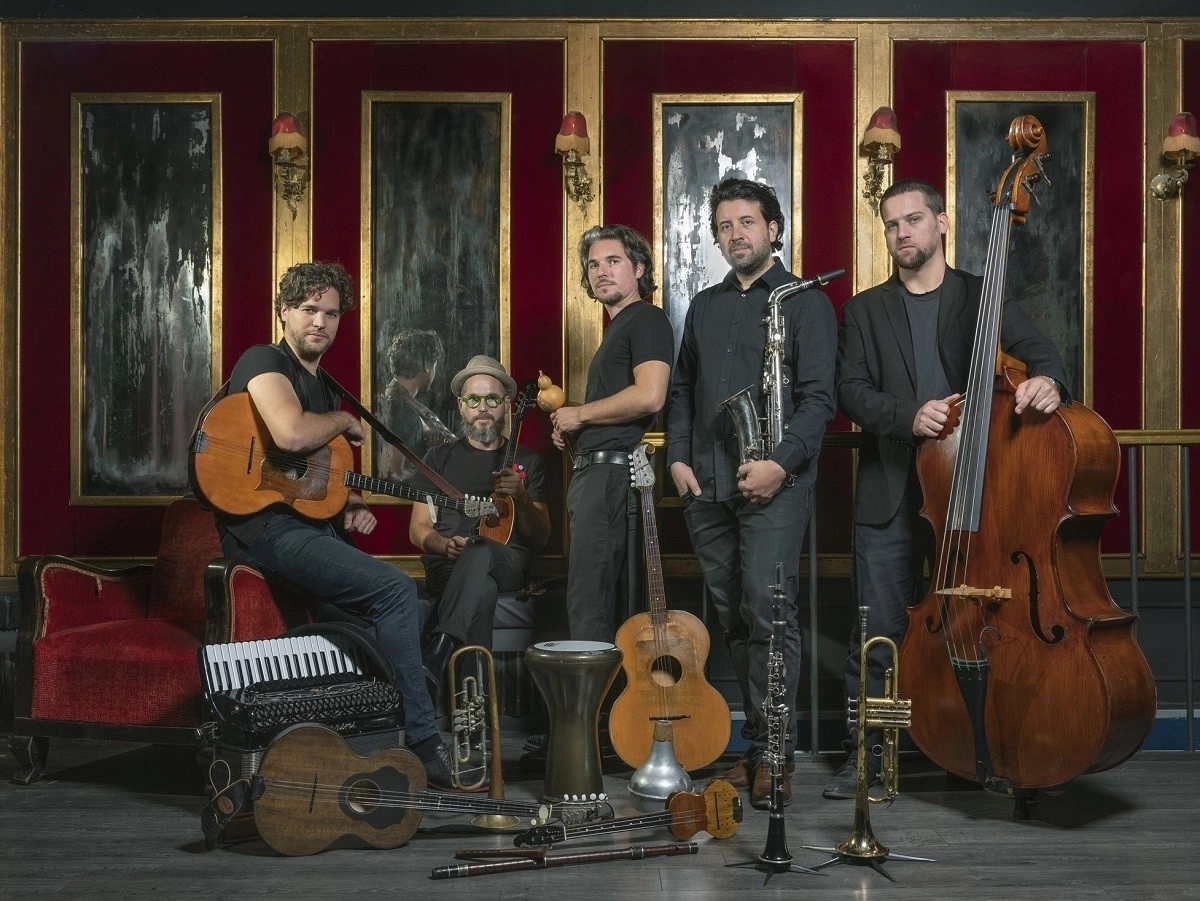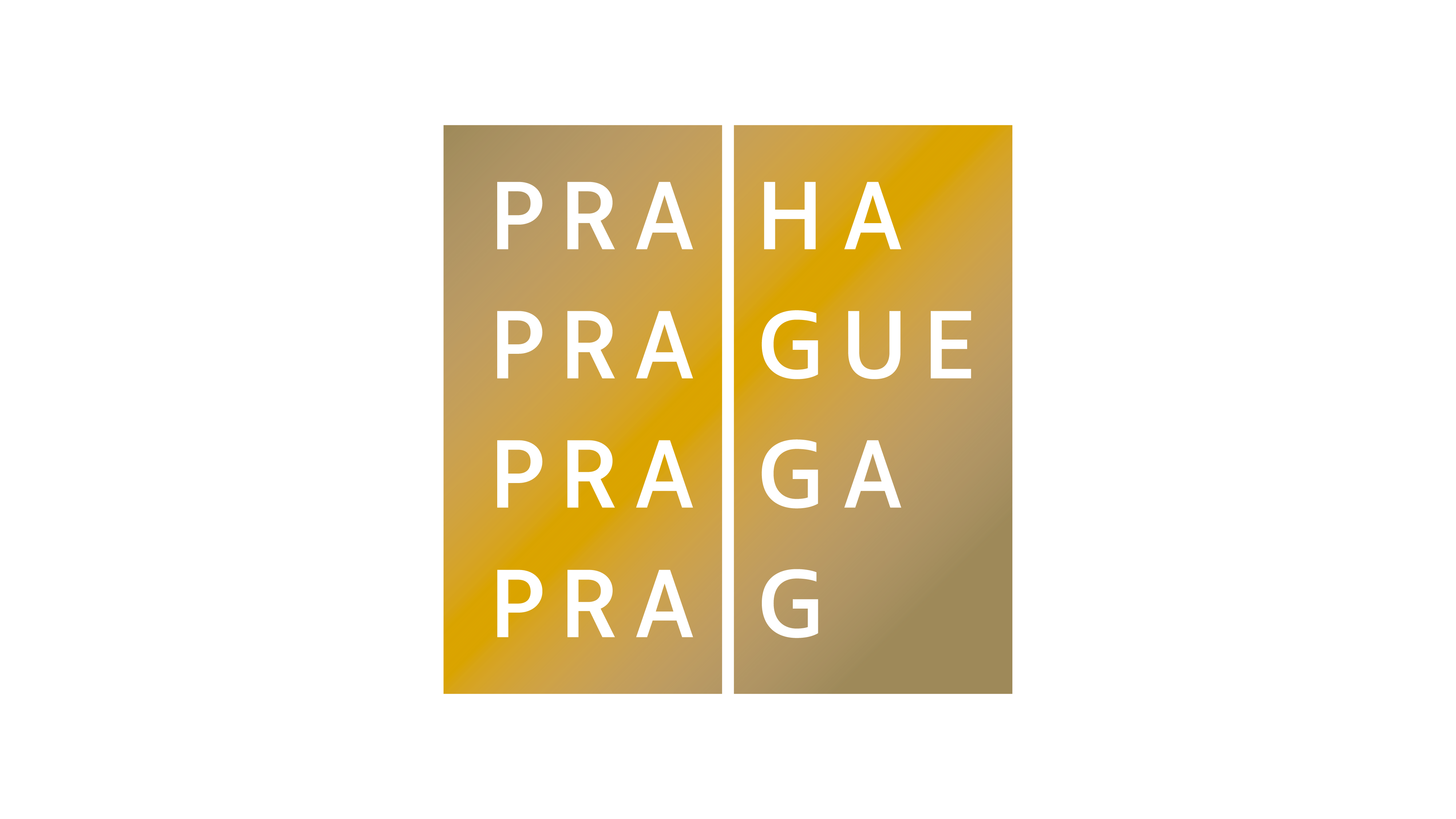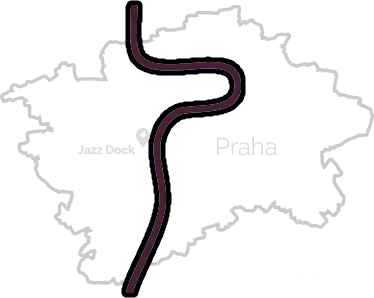Söndörgő
Tamburocket, the title of Söndörgő’s 2014 album, says it all, really. This record, that signaled their international breakthrough, neatly sums up how this Hungarian band sounds. The tambura, a plucked instrument with a bright tinkling sound, takes central stage. The band plays the strings with ferocious energy, breakneck speed and meticulous precision. Four members of the five-piece band belong to one extended family: three brothers (Áron, Benjamin and Salamon Eredics) and a cousin (Dávid Eredics) from Szentendre, a town on the Danube just north of the Hungarian capital Budapest. As the next generation of musicians to play in the legendary virtuoso band Vujicsics, they grew up with the music that is the mainstay of their repertoire: Serbo-Croatian song and dance. This music is the heritage of people who fled north to escape Ottoman rule, and settled in various Hungarian towns and villages.
The members of Söndörgő have an in-depth knowledge of the music they play. Not just because from their childhood it was ever present as the sonic backdrop of their daily lives, but they are also academically involved with it, as teachers at the Department of Folk Music of the renowned Budapest Conservatoire, the Liszt Ferenc Zeneakadémia. But scholarly rigor doesn’t mean that Söndörgő slavishly copy traditional originals. On the contrary, they don’t treat traditional music as a museum object to be reconstructed, but as a living and pulsating raw material, a source of inspiration. They infuse their sources with new fire, they extend and embellish them with wild and wide-raging solos and improvisations, and write new pieces based on the sound and rhythms of their forbears, carrying tradition over and into the future. Apart from the omnipresent tambura they also play clarinet, trumpet, accordion, double bass and, if need be, a variety of rapid-fire percussion instruments.
The albums Söndörgő released since they were founded 25 years ago show how their treatment of tradition developed. They absorbed influences from other regions, for instance on an album they recorded with the Macedonian music legend Ferus Mustafov. Starting with their Lost Music of the Balkans (2010) they became more interested in what they can add to tradition. On their most recent album, Eight 8 Eight (2019), they transcend the limitations of a strict genre. In a way, you can say that Söndörgő has grown into a genre of its own. Making each song flow into the next, they present this album as one conceptual whole, structuring the songs in the same manner as their concerts.
After twenty-five years the band saw their first change in personnel. Attila Buzás, who played double bass and cello-tambura, was replaced by Ábel Dénes in 2020. That year also marked a hiatus in their frenzied roster of concert appearances, due to the pandemic. They used this unforeseen leave of absence by working on material for a new album, another step in the direction they took with Lost Music of the Balkans. On this upcoming album they match written compositions and free improvisations, merging inspirations from a variety of sources. In this approach they follow the dictum that the visionary Hungarian composer Béla Bartók expressed in a 1931 letter: “I will not exclude myself from any influence, [...] only the source should be clean, fresh and healthy!”
Admission: presale: seats CZK 550, standing CZK 300. At the door: seats CZK 600, standing CZK 350 There is no need to reserve a seat when purchasing a seating ticket. No club discounts. Thank you for understanding.
Band website: www.sondorgo.hu
















